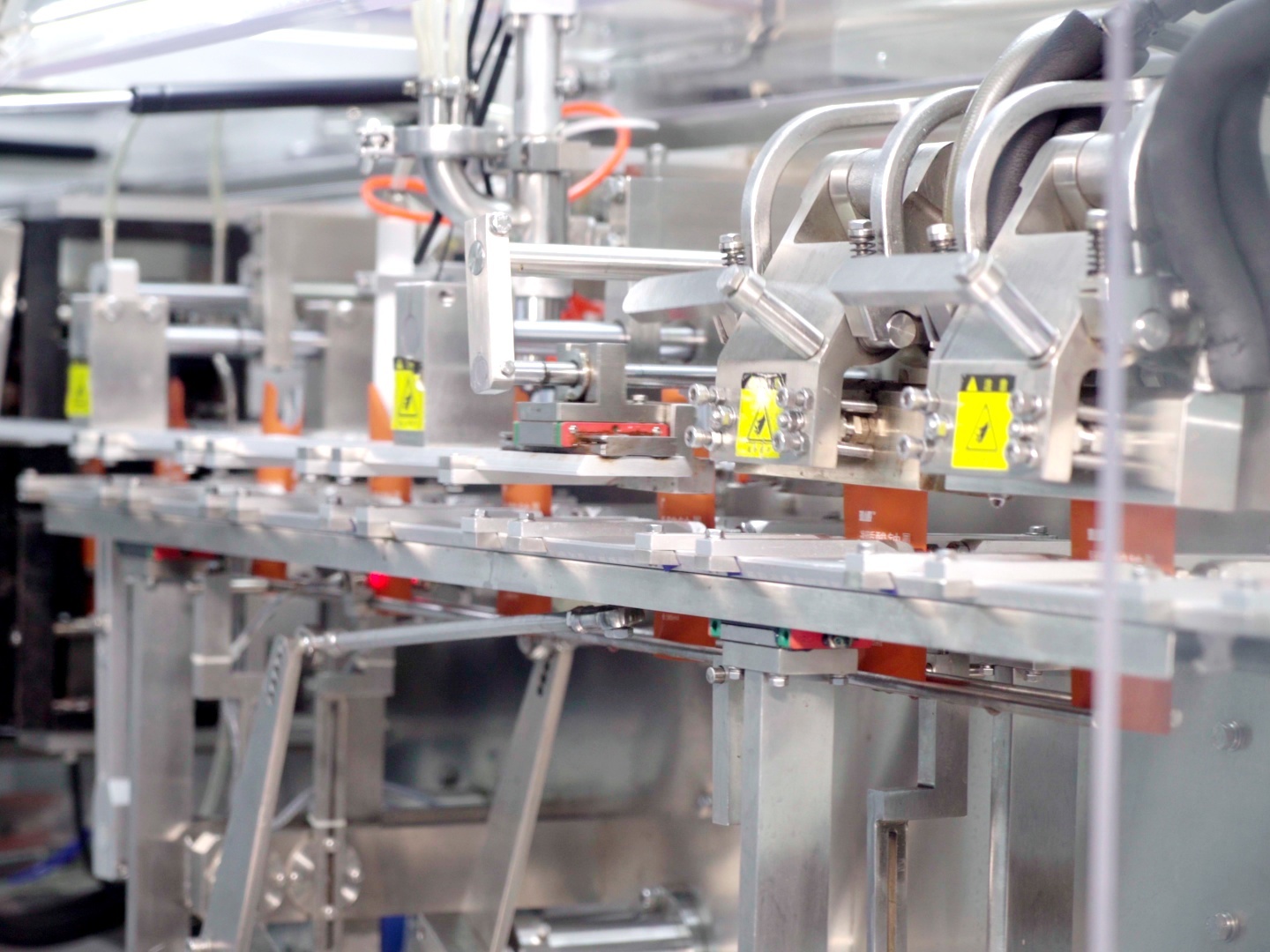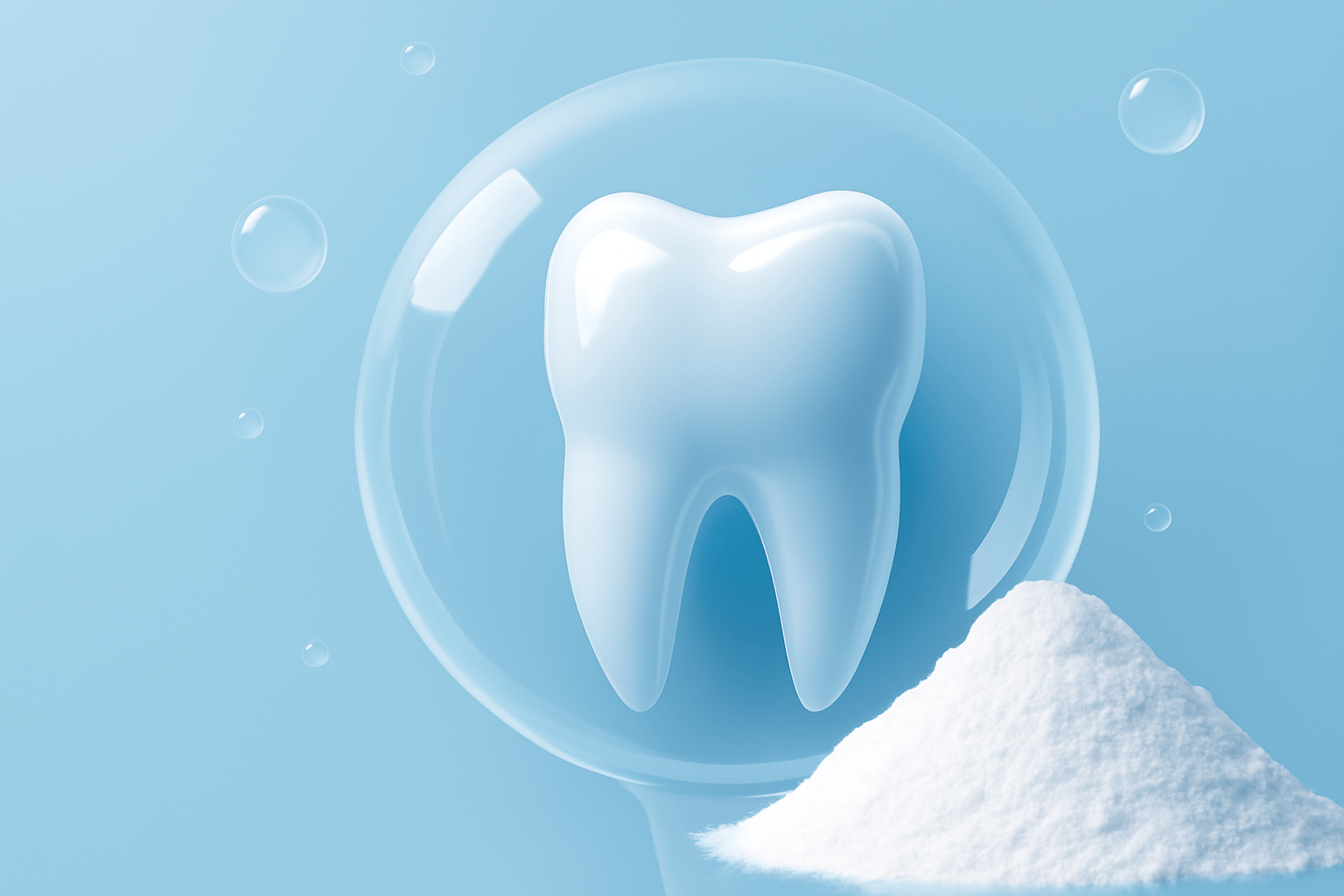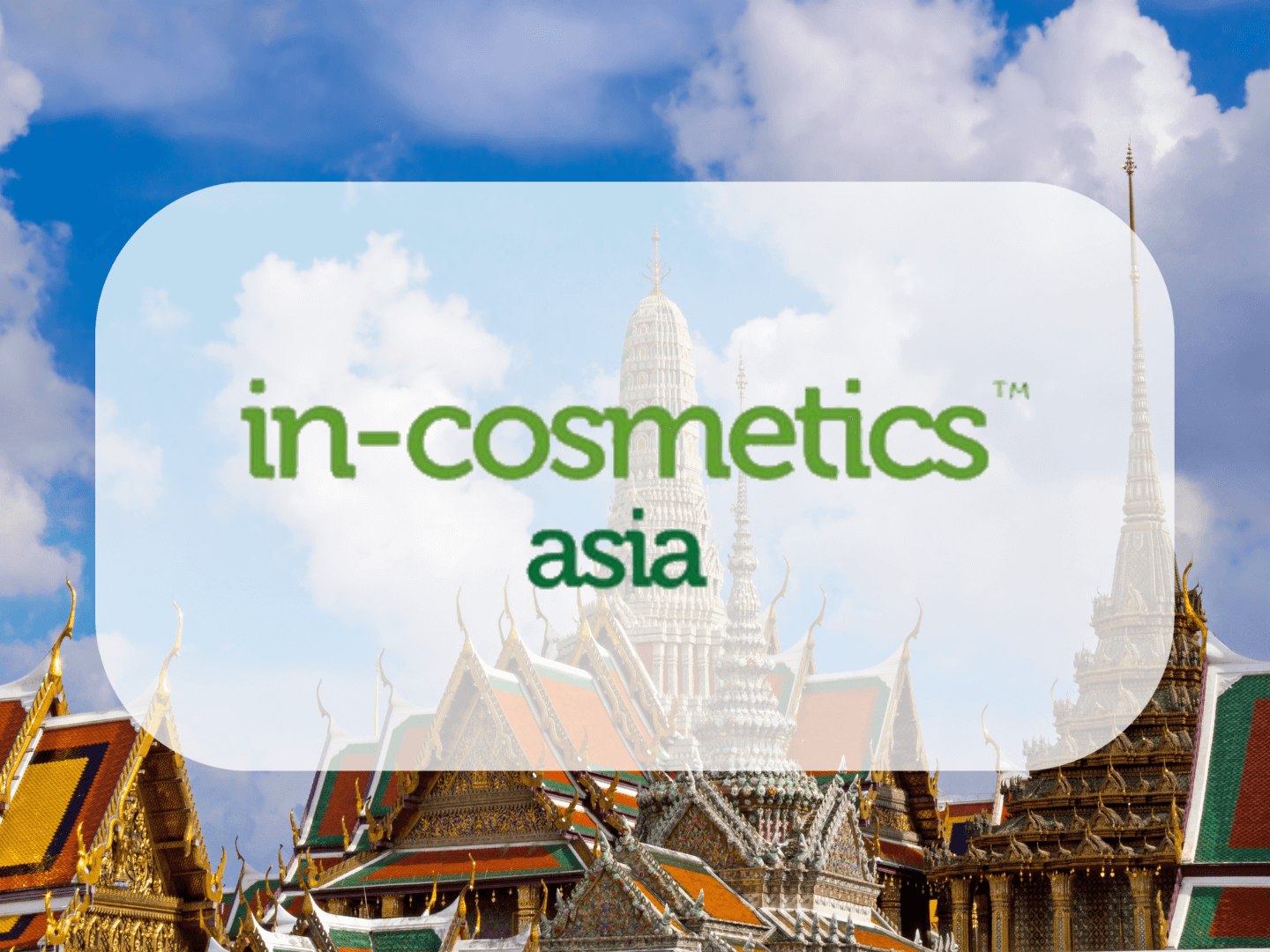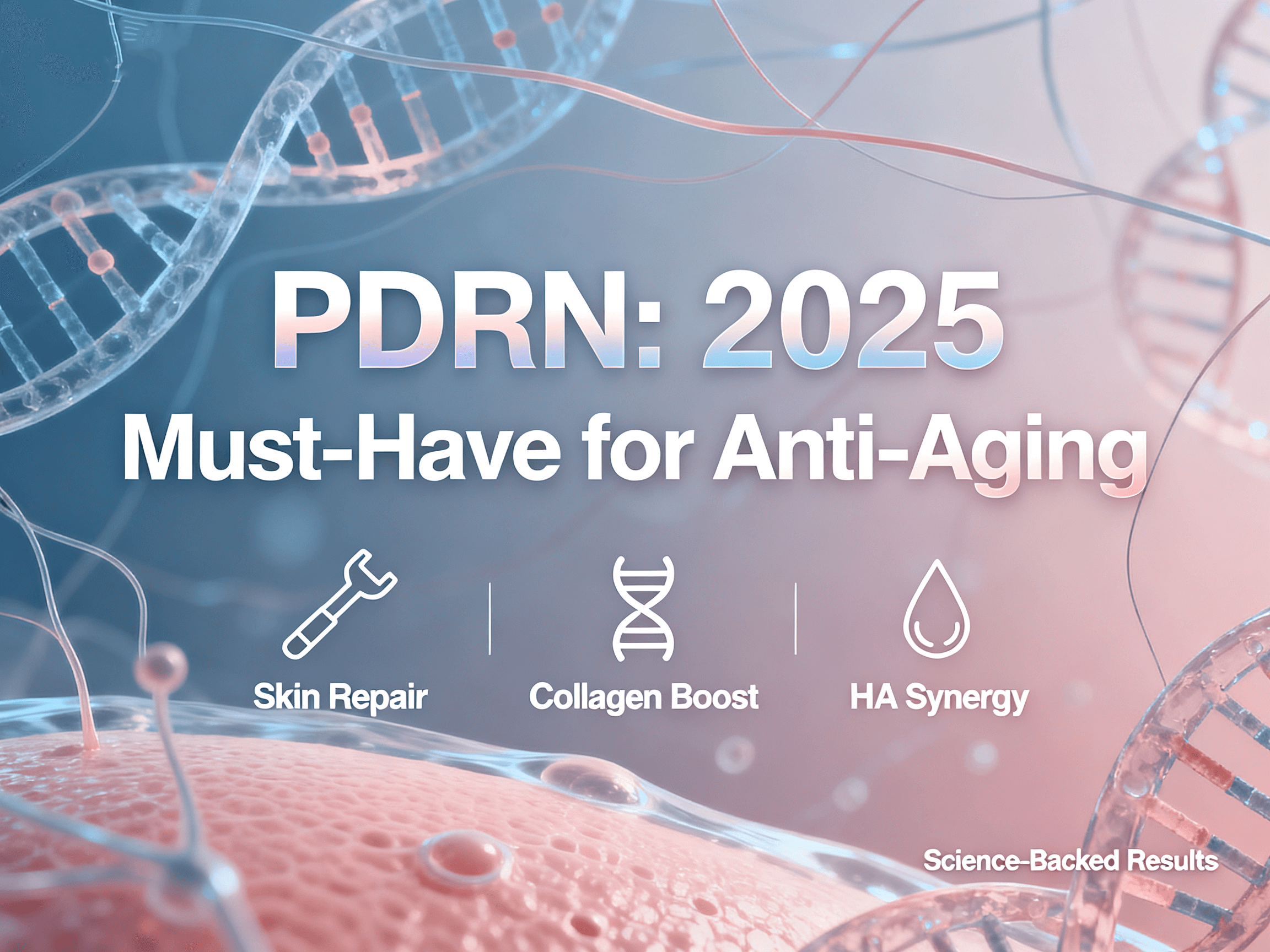Not sure if you need a supplement?
Release time:
2025-04-24
In an era where health is no longer just a refined lifestyle for a few people, but a global movement, dietary supplements and functional health foods have become an indispensable part of many people's daily lives. However, a common question still comes out of many people's mouths: Do I really need to take supplements?
Professionals will definitely say this: It depends.
What does a supplement do? Why does someone need it?
Dietary supplements cannot replace a balanced daily diet, but they can be a strategic body supplement in your carry-on bag. People choose supplements for the following reasons:
- Nutrient deficiency: Even if they eat a healthy diet, many people still lack key nutrients such as vitamin D, magnesium, iron, etc.
- Busy life: Tight work schedules and eating habits can make it difficult to consistently take in nutrients.
- Age and absorption: As we age, our bodies become less able to absorb certain vitamins from food, such as B12 or calcium.
- Special diets: Vegetarians or those with food allergies often need supplements to avoid nutritional imbalances.
- Functional health goals: From improving skin elasticity to boosting immunity or supporting joint health, supplements can provide targeted solutions.
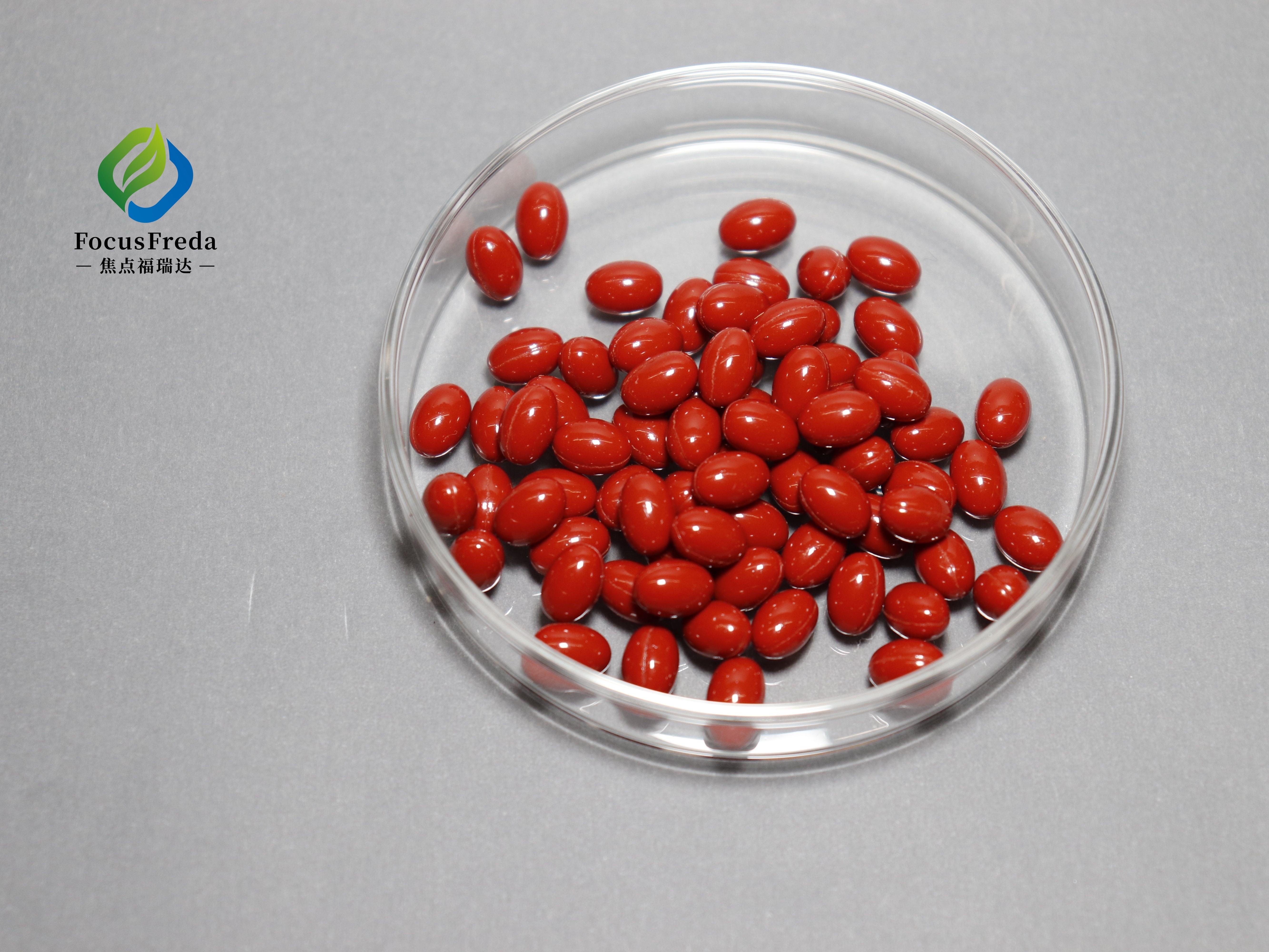
How do I choose the right supplement?
Quality and formulation are critical, and not all supplements are created equal. The effectiveness of any dietary supplement is affected by factors such as:
- Dosage form (capsule, tablet, powder, softgel, or liquid)
- Bioavailability (how well the body absorbs and uses the ingredient)
- Manufacturing quality and purity of the ingredient
To ensure safety and effectiveness of consumption, it is important to choose a reputable manufacturer that adheres to international quality standards and provides transparency in its sourcing and production processes.
Business: Growing Demand, Rising Expectations
According to the latest statistics, the global dietary supplement market is expected to exceed $230 billion by 2027, and consumers are becoming more discerning, demanding:
- Customized nutrition
- Clean label ingredients
- Sustainable packaging
- Scientific formulations
This growing consumer expectation is driving brands to innovate beyond traditional standardized products.
How Focusfreda supports global supplement brands
Focusfreda has long provided customized OEM/ODM solutions for dietary supplements. Whether you are launching a new product line or upgrading an existing one, our services can support you at every stage of the development journey:
✅Focusfreda offers:
- 5 oral dosage forms: capsules, softgels, tablets, powders and beverages.
- 8 packaging types: from bottles to sachets, tailored to your market needs.
- More than 10 molds and formulations: you can choose from our ready-made solutions or jointly develop a unique formulation based on your brand vision.
- Strict quality control: Produced in a GMP certified 100,000-class cleanroom environment to ensure safety and consistency.
Focusfreda is not just about manufacturing, we focus more on long-term and friendly cooperation. From creative verification, formulation to packaging and labeling, Focusfreda is flexible and meticulous in injecting innovative vitality into your brand.
BLOGS
Is Sodium Hyaluronate Good For The Mouth?
Sodium Hyaluronate is widely known for its hydrating properties in skincare products, but did you know it’s also a game-changer in oral care? In this blog, we explore Hyaoral® Oral Grade Sodium Hyaluronate (the salt form of hyaluronic acid), a specially developed form of HA for mouth care, and how it benefits oral health.
Focusfreda Showcases 10+ HA Powerhouse Ingredients at in-cosmetics Asia 2025 Bangkok
Focusfreda brings Rejuvenating 400, Full Spectrum Sodium Hyaluronate, Zinc Hyaluronate, Oil-dispersed Sodium Hyaluronate, and Cross-linked Sodium Hyaluronate to in-cosmetics Asia 2025 Bangkok, empowering APAC beauty brands with targeted skincare ingredient solutions.
Focusfreda to Exhibit at Supplyside Global (SSG) 2025
Focusfreda will showcase its high-purity food-grade sodium hyaluronate, organic Tremella extracts, HMOs, and GABA at SupplySide West 2025, highlighting innovative nutritional and functional ingredient solutions for global health and wellness brands.
Focusfreda to Exhibit at CPHI Frankfurt 2025
Focusfreda will highlight its CEP and WC registered pharmaceutical-grade sodium hyaluronate solutions at CPHI Frankfurt.
The Benefits of Red Ginseng: A Timeless Remedy for Vitality and Health
Discover the health benefits of red ginseng for energy, immunity, and stress relief. Focusfreda supplies premium red ginseng powder and concentrate worldwide.
Why PDRN is Becoming the 2025 Go-to Ingredient for Anti-Aging Skincare
Discover why PDRN is 2025’s go-to anti-aging ingredient. Learn how this DNA-based compound repairs skin, boosts collagen, and works with hyaluronic acid for firmer, hydrated, and youthful skin.




